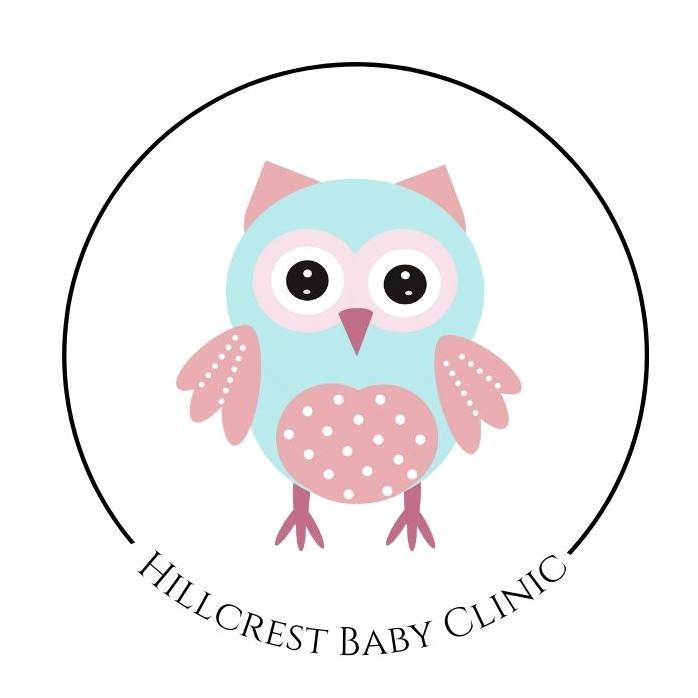COULD I POSSIBLY BE EXPERIENCING POST NATAL DEPRESSION?
At least one in ten new mothers do have clinical depression and anxiety during pregnancy and in the first year after the birth of a baby. You are not alone and there are steps we can take to get you feeling confident, happy and secure again.
This checklist has been specifically designed by the Post Natal Depression Support Group, SA, and is not intended to be used to diagnose antenatal or postnatal depression. Instead, we hope that it will help you express the way you have been feeling over the past few weeks, and help you and family members decide if you may be needing additional support.
Some of the symptoms and feelings will be hard to admit, but we urge you to be honest, because this will make it easier for you to get the help you and your baby deserve. This is a confidential matter which will be held with the upmost respect for you. Remember that all new mothers feel this way some of the time. Such feelings are part of the adjustment to motherhood. However, when mothers feel sad/angry/irritable often, or most of the time, we believe that it is important that you get help from a health professional such as your post natal nurse, clinical psychologist or psychiatrist.
TRY NOT TO FEEL GUILTY – YOU ARE NOT TO BLAME!
When you have completed the checklist, please add up your score, and look at how to interpret it.
Please note: The CHECKLIST is intended to indicate and articulate the most common symptoms and feelings of Depression & Anxiety in pregnancy and during the first year after a baby. It is not an established diagnostic instrument.
POST NATAL DEPRESSION SYMPTOM CHECKLIST
0 = NOT AT ALL
1 = FROM TIME TO TIME
2 = QUITE OFTEN
3 = MOST OF THE TIME
| Symptoms and Feelings | 0 | 1 | 2 | 3 |
| Appetite change | ||||
| Being forgetful | ||||
| Being indecisive | ||||
| Confused thinking | ||||
| Crying spells | ||||
| Fears or fantasies of harming yourself or others | ||||
| Fears or fantasies of harming baby | ||||
| Feeling afraid | ||||
| Feeling angry | ||||
| Feeling anxious | ||||
| Feeling depressed | ||||
| Feeling fatigued | ||||
| Feeling frustrated | ||||
| Feeling guilty | ||||
| Feeling hopeless | ||||
| Feeling irritable | ||||
| Feeling like a bad mother | ||||
| Feeling lonely | ||||
| Feeling no love for the baby | ||||
| Feeling numb | ||||
| Feeling out of control | ||||
| Feeling panicky | ||||
| Feeling that your baby would be better off without you | ||||
| Feeling trapped | ||||
| Feeling unsupported – that no-one cares about you | ||||
| Having scary thoughts | ||||
| Insomnia/changes in your sleep patterns | ||||
| Loss of concentration | ||||
| Loss of interest in your appearance | ||||
| Loss of libido – no interest in sex | ||||
| Loss of motivation | ||||
| Loss of self-esteem | ||||
| Mood swings | ||||
| Obsessive thinking – weird thoughts keep going round in your head | ||||
| Panic attacks | ||||
| Pre-occupation with death –often thinking about death and dying | ||||
| Suicidal thinking – thinking of killing yourself | ||||
| Unusual conflict and fights with people close to you | ||||
| Unusual physical symptoms- headaches, irregular heartbeat, nausea, “knot in your stomach” etc. | ||||
| Unusual weight gain or loss | ||||
| Other | ||||
| Total |
GUIDELINES TO THE INTERPRETATION OF YOUR TOTAL SCORE
Less than 40 = MILD adjustment difficulties
41-69 = MODERATE-SEVERE Depression and Anxiety
70+ = SEVERE DEPRESSION AND ANXIETY
If you score above 70 we urge you to contact your health care professional immediately
If you score above 40, we recommend that you print this form and take it to your health professional immediately.

